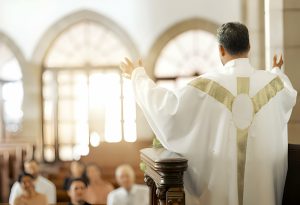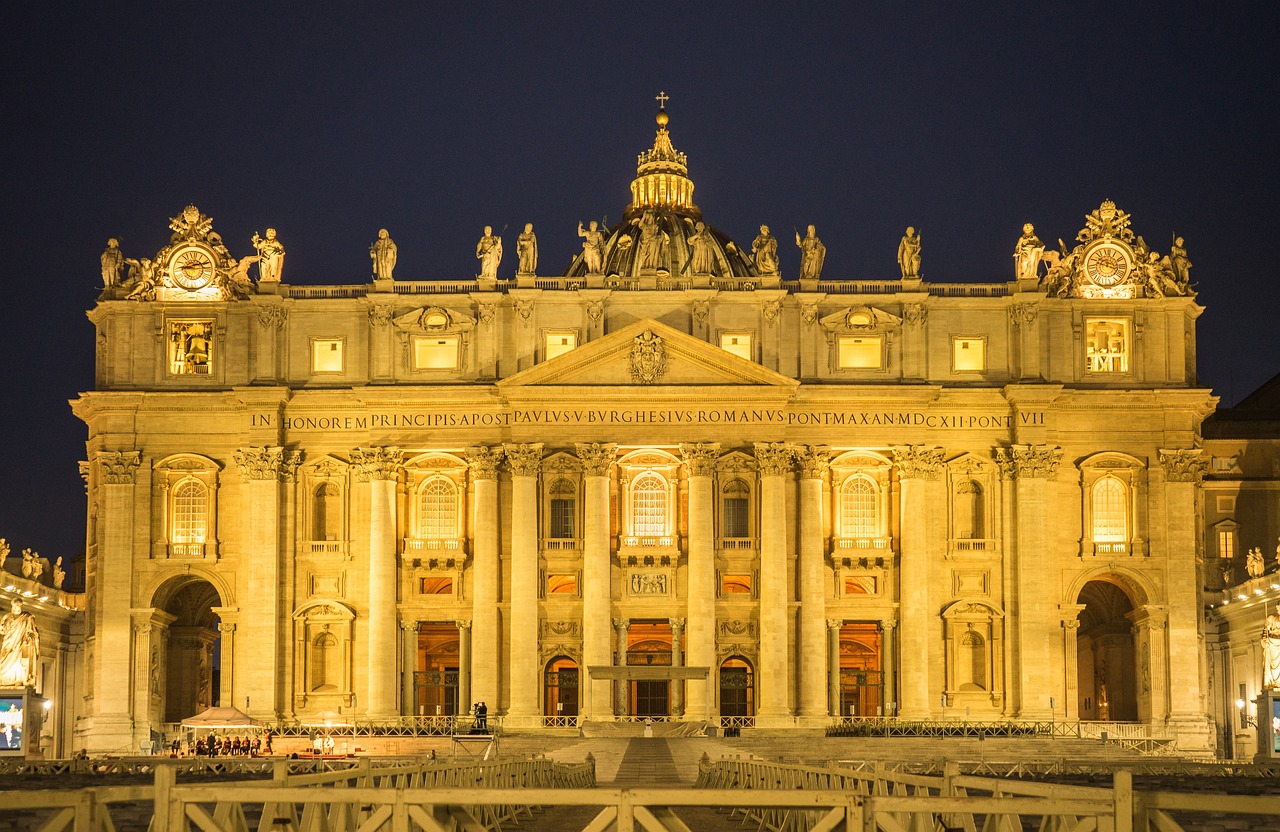Secrets About The Roman Catholic Church: So many people believe that the Roman Catholic Church was the first Christian church after the Jews but they are wrong, churches existed before the Catholics and their secrets are too enormous, we shall be revealing some secrets about the Catholics and their history.
Secrets About The Roman Catholic Church
The history of the Roman Catholic Church is vast and complex, spanning over two millennia. It has played a significant role in shaping Western civilization and has undergone various transformations throughout the centuries. While it is impossible to cover the entirety of the church’s history and secrets in a single response, Let me try and give you some important periods and aspects of the Roman Catholic Church.
Early History of The Roman Catholic Church
The roots of the Roman Catholic Church can be traced back to the life and teachings of Jesus Christ in the 1st century AD. According to Christian beliefs, Jesus appointed the apostle Peter as the leader of his followers, laying the foundation for the papacy. The term “Catholic” itself means universal, reflecting the church’s early mission to spread Christianity globally.
The church faced persecution in its early years, but it gradually gained influence and legitimacy with the conversion of Emperor Constantine to Christianity in the 4th century. The Council of Nicaea in 325 AD played a crucial role in defining Christian doctrine and solidifying the church’s organizational structure.
The Papal Authority
One of the central aspects of the Roman Catholic Church is the papacy, with the Bishop of Rome, or the Pope, as its head. Over the centuries, the papacy has wielded both spiritual and temporal power, influencing not only matters of faith but also politics and culture.
The Pope’s role as the Vicar of Christ and the successor of Peter is a cornerstone of Catholic theology. The institution of the papacy has faced challenges and controversies, including the Avignon Papacy and the Great Schism in the 14th and 15th centuries, during which multiple popes claimed legitimacy.
The Inquisition: The Roman Catholic Church
One of the darker chapters in the history of the Roman Catholic Church is the Inquisition. Instituted in the 13th century, the Inquisition aimed to combat heresy within the church. It involved the use of torture, imprisonment, and execution to suppress perceived deviations from orthodox Catholic doctrine.
The Inquisition reached its peak during the Spanish Inquisition in the late 15th century, where Jews, Muslims, and those accused of heresy faced severe consequences. The methods employed during this time are considered by many as egregious violations of human rights.
The Reformation: The Roman Catholic Church
The 16th-century Protestant Reformation marked a significant turning point in the history of Christianity and the Roman Catholic Church. Figures like Martin Luther and John Calvin challenged the church’s teachings, leading to the formation of Protestant denominations.
The Catholic Church responded to the Reformation with the Council of Trent, which addressed doctrinal issues and initiated reforms within the church. The Counter-Reformation aimed to reaffirm Catholic doctrines, enhance spirituality, and address some of the abuses that had arisen.
Vatican II and Modern Developments
In the mid-20th century, the Second Vatican Council (Vatican II) brought about sweeping changes within the Catholic Church. Initiated by Pope John XXIII, the council sought to modernize and renew the church, addressing issues such as liturgy, ecumenism, and the role of the laity.
Vatican II emphasized a more inclusive approach and encouraged dialogue with other Christian denominations and religions. The Mass was translated into local languages, and the laity became more actively involved in the church’s activities.
Secrets and Controversies About The Roman Catholic Church
The Roman Catholic Church, like any longstanding institution, has had its share of controversies and secrets. Some of these have been exposed over time, while others remain shrouded in mystery. Some notable examples include:
Sexual Abuse Scandals: The revelation of widespread sexual abuse by clergy members has been a significant challenge for the Catholic Church. Cases of abuse and allegations of cover-ups have surfaced globally, leading to a loss of trust in the institution.

Financial Affairs: The Vatican’s financial dealings have often been veiled in secrecy. Scandals related to money laundering, corruption, and questionable investments have raised eyebrows and led to calls for greater transparency.
Secret Societies: Throughout history, rumors and conspiracy theories have suggested the existence of secret societies within the Catholic Church, such as the alleged influence of the Illuminati. While many of these claims lack substantial evidence, they continue to fuel speculation.
Mystical Practices: The Catholic Church has a rich tradition of mysticism and spiritual practices, including contemplative prayer and the veneration of relics. Some of these practices are deeply rooted in the church’s history, while others have faced skepticism and criticism.
Conclusion
The Roman Catholic Church’s history is a complex fabric of reform, dispute, authority, and faith. It has persevered through many hardships, changed with the times, and been essential in forming the Western world’s cultural and theological environment. Even though the church has faced criticism from both the inside and the outside, it still holds a significant position in the lives of millions of people worldwide. Navigating the intricate interactions between politics, faith, and human frailty is necessary to comprehend its past.

